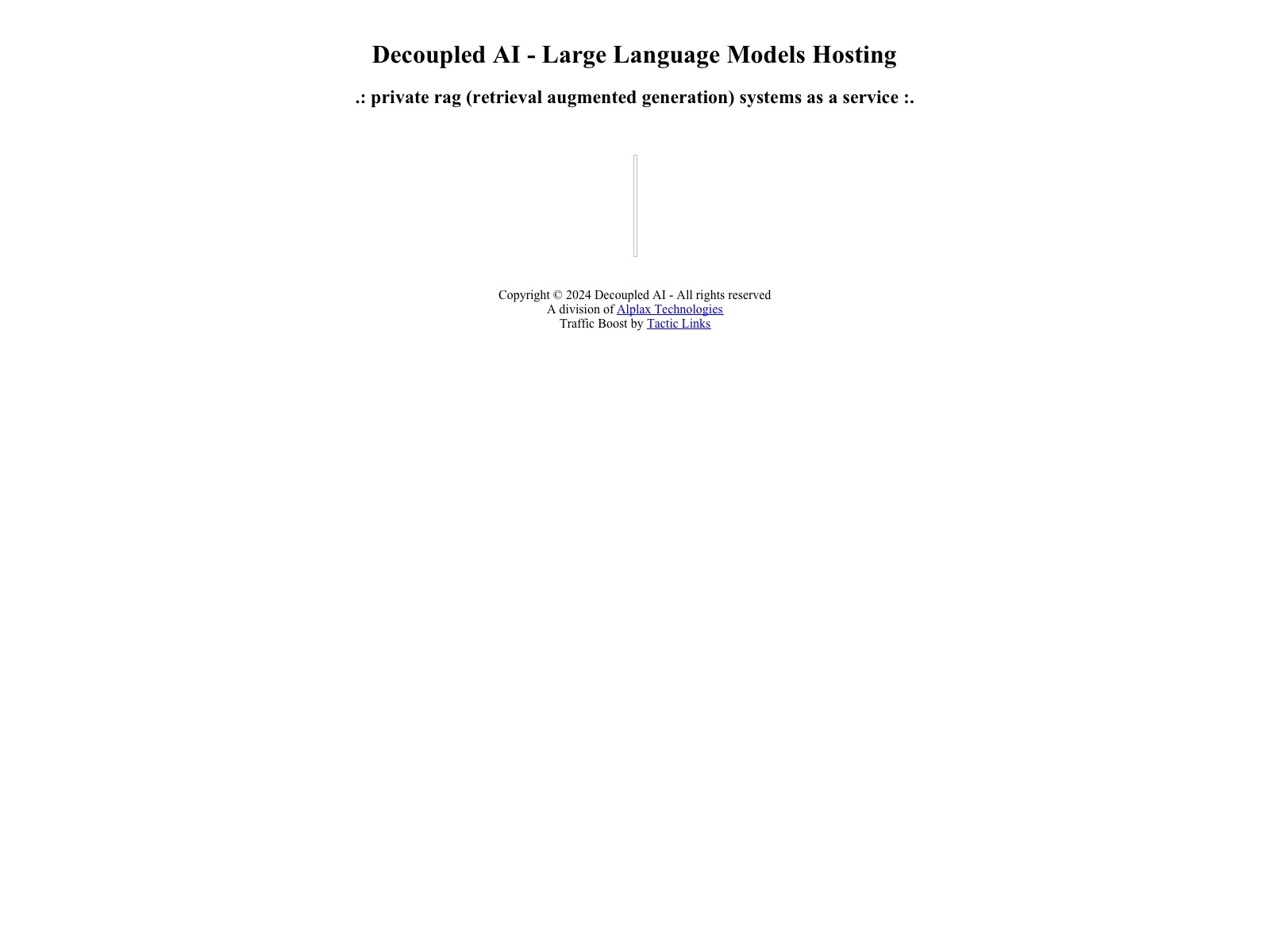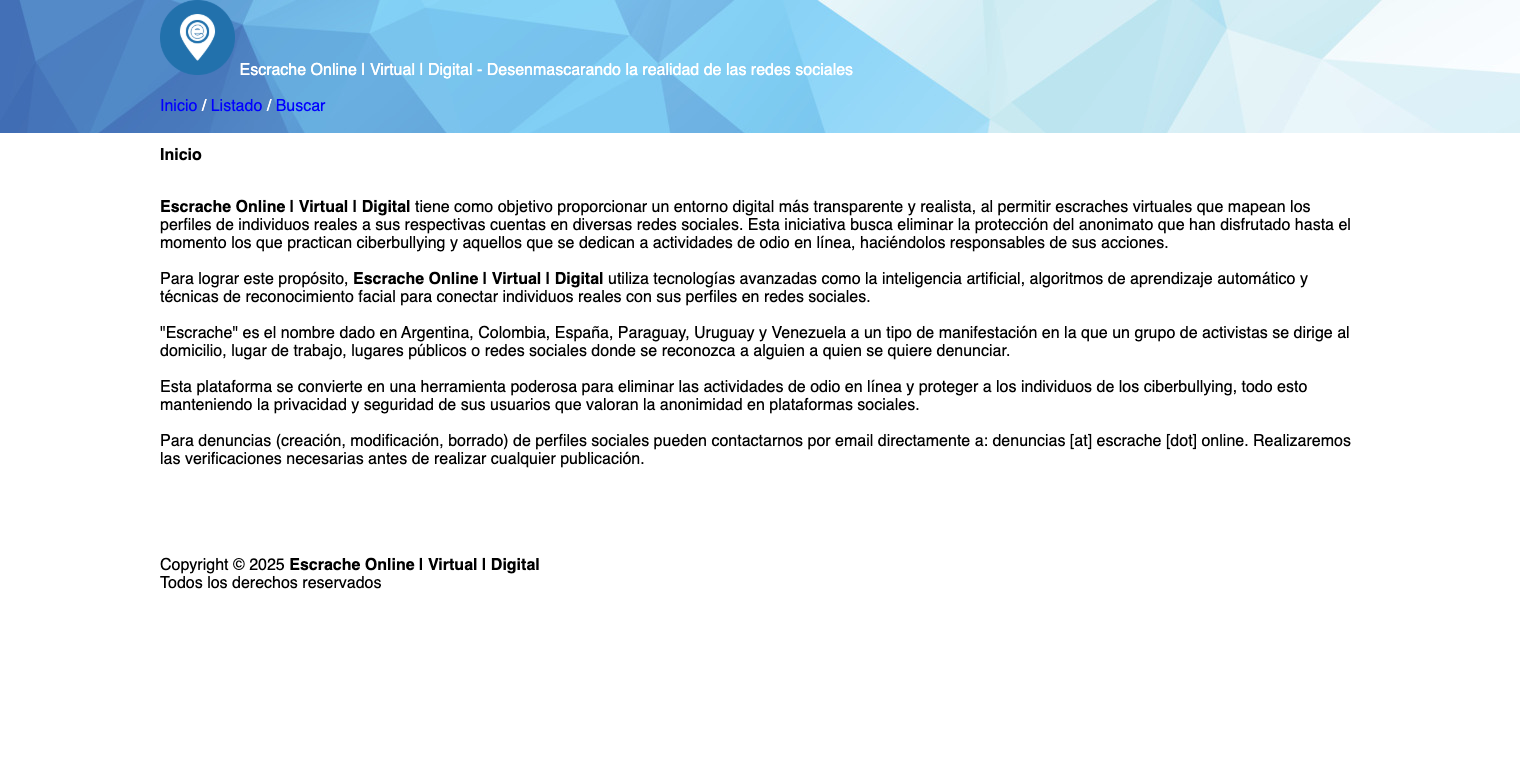Tactic Links - Organic Traffic Booster - Home
|
Path: Home > List > Load (academia.edu) |
Home | About | List | Rankings | Search | Submit |
| domain | academia.edu |
| summary | Here’s a summary of the website content: This website, Academia.edu, is a large platform for researchers and academics to share and discover research papers. It boasts a massive library of over 55 million PDFs across a vast range of academic disciplines, including: * Sciences: Physics, Chemistry, Earth Sciences, Computer Science, Biology, Mathematics, and Engineering (Mechanical, Materials, Chemical, Biomedical, Civil, Environmental, Aerospace). * Humanities: History, Anthropology, Philosophy, Literature, Law, Linguistics, and Theology. * Social Sciences: Psychology, Economics, Political Science, and Medicine. The site has a large and active user base with over 302 million registered users. It provides tools for users to track their research impact, discover new research, and publish their work through Academia.edu Journals. A premium subscription, Academia Premium, offers enhanced search and discovery tools. The platform is organized by topic with a significant number of followers (over 6 million) across many fields. |
| title | Academia.edu - Find Research Papers, Topics, Researchers |
| description | Academia.edu is the platform to share, find, and explore 50 Million research papers. Join us to accelerate your research needs & academic interests. |
| keywords | papers, followers, authors, history, research, engineering, psychology, anthropology, physics, literature, sign, chemistry, work, search, researcher, bulk, more |
| upstreams | aaron-gustafson.com, scrollprize.org |
| downstreams | |
| nslookup | A 99.84.9.102, A 99.84.9.88, A 99.84.9.60, A 99.84.9.59 |
| created | 2024-10-13 |
| updated | 2026-02-09 |
| summarized | 2026-02-10 |
|
HIGHSPOTS | |
 tacticlinks.com | |
 cluebit.com | |
 bytemux.io | |
 twinllamas.ai | |
 whimed.com | |
 rodela.ai | |
 3e9.me | |
 decoupled.ai | |
 greenpeace.org | |
 escrache.org |
Traffic Boost by Tactic Links
[took: 340 ms]